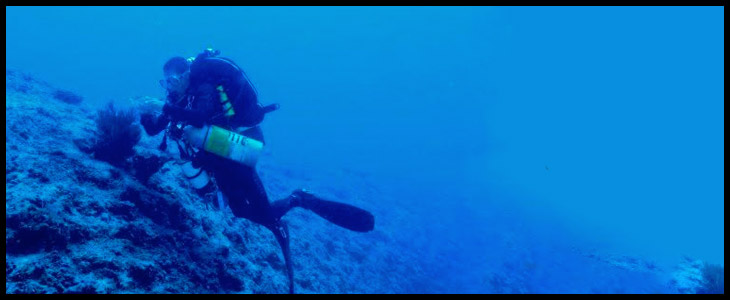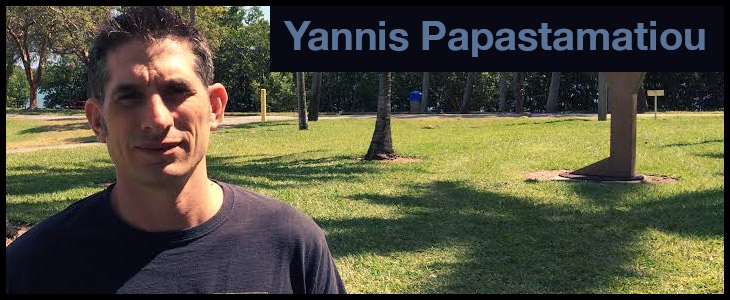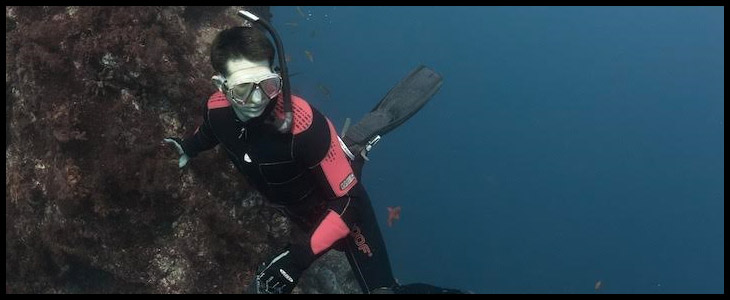I’d like to introduce you to a shark researcher that I wish lived near me. In fact, I think I wish he was my friend. I guess we can be friends via the internet, but Yannis is the kind of guy I think we could have some fun adventures with. He shares that love for both adventure and science that is so integral to Untamed Science. On top of that, he loves sport. Yannis’ specialty is Brazilian Jiu-Jitsu.
Turns out, I did meet him a few times in passing. We were both studying marine science at the University of Hawaii. I was just finishing when he came on the scene. Our paths didn’t cross much. To help me get to know him a bit better, I asked these questions:
If you were a shark, what would you be?
Probably a tiger shark, then I could pretty much go wherever I wanted and eat what I feel like.
Could you summarize what you do for research?
I use a variety of tools to understand where sharks and other fishes go and what drives their behavior. I am interested in why an animal selects a certain habitat or why it appears to behave differently at night versus the day (for example).
What does a typical field day look like?
It depends on the field trip. It almost always involves getting up very early. It could then consist of sitting on a boat all day trying to catch and tag sharks, or it may involve diving to retrieve equipment or collect samples, or it may involve both. The end of the day is mostly inputting data and getting ready for the next day.

What inspired you to start doing this?
I have been fascinated by sharks for as long as I can remember and being a marine biologist was pretty much my life goal. If anything, as my career progressed I became interested in other animals as well!
Why do you think it’s important?
Sharks are certainly a group of animals that do not do well faced with heavy fishing pressure. That has been an issue for many species as decades of heavy fishing have taken their toll. Preventing the decline of these species requires good science and the support of the public. Times are changing and we now have evidence that several species may be starting to recover from the heavy fishing, but we still have a long way to go.
What is the hardest thing about doing this?
Fieldwork can be challenging, but in a good way. The hardest thing is getting funds to support the research. You spend a lot of time writing grants and only a small proportion get funded.
What is the most rewarding thing about it?
Going to amazing places and getting to see sharks in the wild. It’s also finding something out about these animals that no one knew before.
What if others want to help in shark conservation – how can they help?
Get actively involved in conservation efforts with groups and NGOs involved in shark conservation but do your homework first. Some are very reputable and some are not. If you are donating time and/or money make sure you are sending it in the appropriate place!
Finally, do you have any advice for a young student wanting to study something like this? What would you tell them?
If you do want to study sharks, don’t narrow your scientific focus to just sharks. There are not academic positions for ‘shark biologists‘. You need to be a marine biologist, animal ecologist or fisheries biologist. So don’t specialize too soon and take lots of classes on general topics. Analytical and math skills are particularly important so make sure you take as many courses in those areas as possible. If you can, volunteer for a lab that is doing research (on sharks if possible, but anything that will develop your field skills will do).

More about Dr. Yannis Papastamatiou
- Follow Yannis on Twitter
- From his Shark Research Lab

































































































